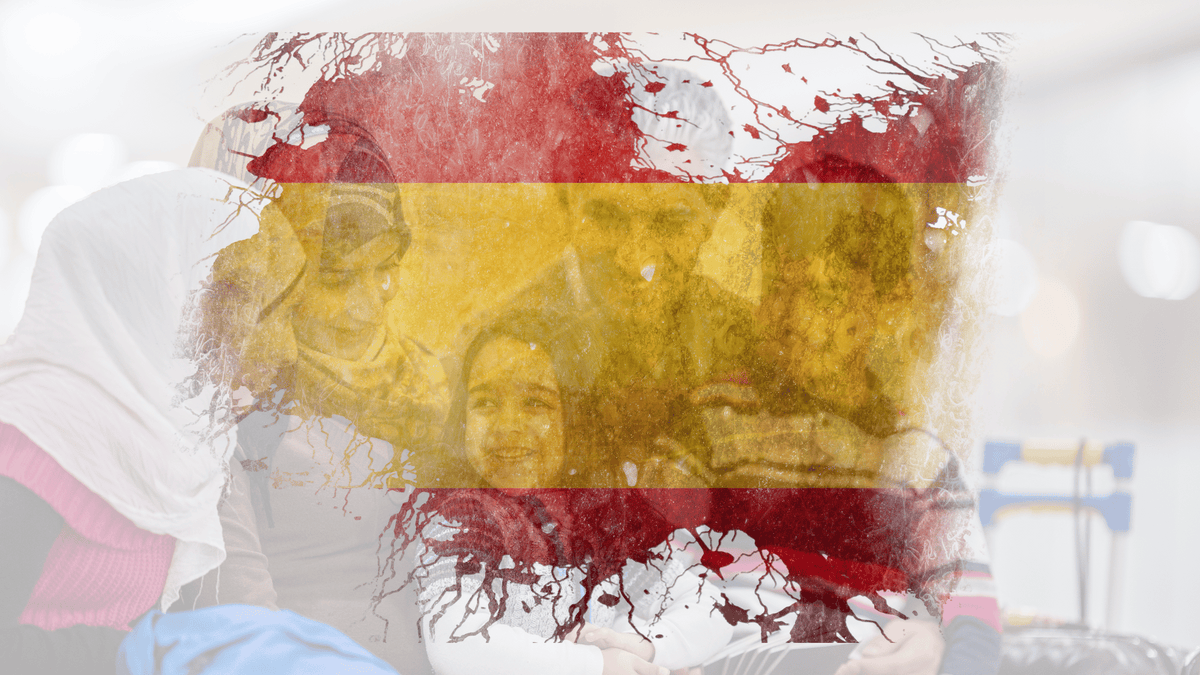
What happens to illegal immigrants in Spain?
|
|
Time to read: 1 min
|
|
Time to read: 1 min
The document titled "Ley Orgánica 13/2007, de 19 de noviembre, para la persecución extraterritorial del tráfico ilegal o la inmigración clandestina de personas" (Organic Law 13/2007, of November 19, for the extraterritorial prosecution of illegal trafficking or clandestine immigration of persons) outlines Spain's legal measures to address illegal immigration and human trafficking.
It specifically focuses on extraterritorial jurisdiction, meaning that Spain can prosecute crimes related to illegal immigration even if they occur outside its national territory.
By enhancing legal provisions to target criminal networks, the law provides the framework for addressing illegal immigration.
Its impact intersects with the three primary scenarios faced by illegal immigrants in Spain: detention and deportation , asylum applications , and, in some cases, regularization programs.
Here's how this law integrates with each of these outcomes.
This law strengthens the Spanish legal framework by amending Article 318 bis of the Penal Code, making it a criminal offence to promote, encourage or facilitate illegal immigration to Spain or any other EU country.
This means that those responsible for trafficking and facilitating illegal immigration can be prosecuted, even if the act was committed outside Spain.
For illegal immigrants, this scenario usually leads to detention in Spain and possible deportation to their country of origin.
Spanish law allows for harsh penalties against traffickers, but ensures that immigrants' human rights are respected during legal proceedings, as outlined in the document.
The law does not specifically address asylum seekers, but focuses on combating illegal trafficking.
However, those who arrive in Spain illegally, including those rescued at sea, may still have the right to apply for asylum.
While traffickers will be prosecuted under this law, illegal immigrants seeking protection under international asylum rules would follow a different legal process.
Although this law does not directly address regularisation, its strict approach to combating organised trafficking indicates that Spain aims to manage illegal immigration primarily through legal enforcement.
However, regularisation programmes remain a separate option for long-term illegal immigrants who are already integrated into Spanish society, although these programmes depend on separate legislative measures.
Organic Law 13/2007 strengthens Spain's ability to combat illegal immigration and human trafficking, focusing on the prosecution of criminal networks involved in clandestine migration.
While illegal immigrants may face detention and deportation, the law aims to ensure that human rights are upheld while addressing the dangers posed by organised criminal activity.